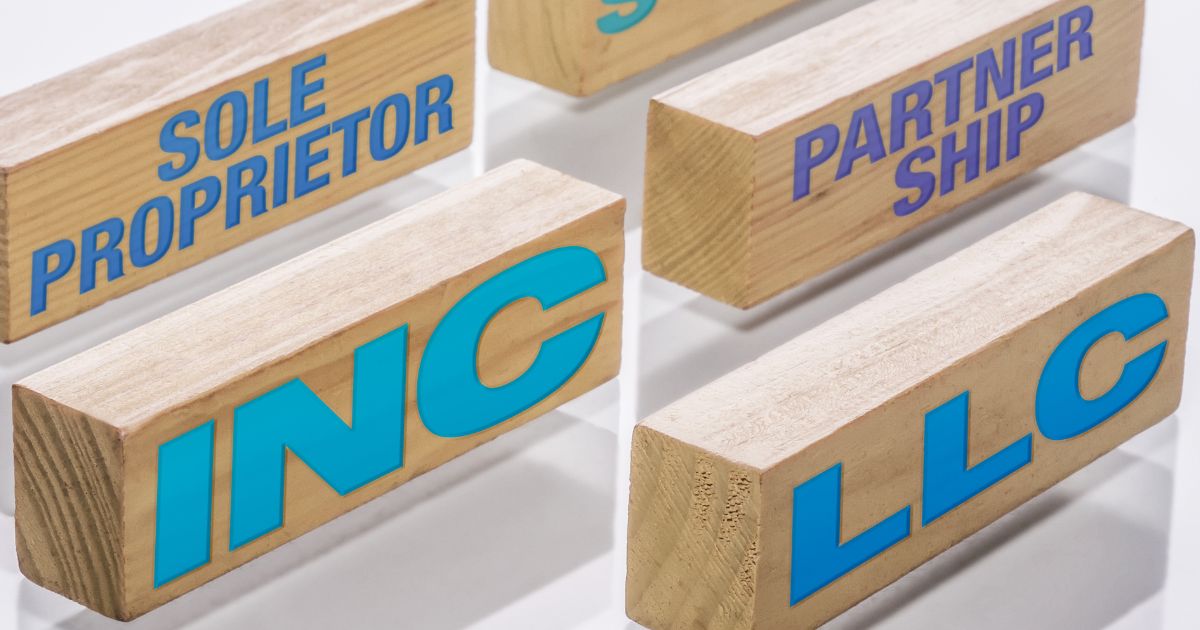Choosing the Right Business Structure

When venturing into the business world, choosing the appropriate structure is one of the most crucial decisions you will face as an entrepreneur. This choice can significantly impact your business’s legal obligations, tax liabilities, and overall growth potential.
There are four primary types of business structures:
- Sole proprietorship: This is the simplest form of business structure, where the owner and the business are legally considered the same entity. It is ideal for individuals who wish complete control over their business operations. Examples might include freelance consultants, small shop owners, or individual artisans.
- Partnership: This structure involves two or more people sharing ownership of a single business. Partnerships can be either general partnerships, where all partners share in the business’s profits, losses, and liabilities, or limited partnerships, where only one partner has unlimited liability. This structure could benefit professional services firms like law practices or consulting agencies.
- Corporation: A corporation is a separate legal entity owned by shareholders, meaning the corporation, not the shareholders, holds the liability. There are several types of corporations, including C corporations, S corporations, and nonprofit corporations. This structure can be ideal for larger businesses with multiple employees, such as technology companies or manufacturing firms.
- Limited liability company (LLC): An LLC combines a corporation’s and a partnership’s features. Owners, also known as members, have limited personal liability for the company’s debts and actions. LLCs can be a good choice for medium- to high-risk businesses and those looking to raise money from investors, such as real estate investment firms.
When determining the best structure for your business, consider factors such as taxes, risk to personal assets, level of formality required, and long-term goals.
Taxes
Different business structures are taxed differently. For example, sole proprietorships and partnerships involve pass-through taxation, where business income is reported on the owner’s tax return. Corporations, however, are subject to double taxation—once at the corporate level and again on the individual shareholder’s dividends.
Risk to Personal Assets
If your business incurs debt or legal liabilities, your assets may be at risk, depending on your chosen business structure. Sole proprietorships and partnerships have unlimited personal liability, while corporations and LLCs provide a shield between personal and business assets.
Formality Level
The level of administrative formality and paperwork varies among business structures. Corporations require regular board meetings, annual reports, and more record-keeping, while sole proprietorships and partnerships require less formalities.
Long-Term Goals
Consider your business’s future when selecting a structure. A corporation or LLC may be the best option if you plan to expand, attract investors, or eventually sell your business.
The Importance of Choosing the Right Business Structure
- Legal liability: Business structure influences personal liability. Sole proprietorships and general partnerships expose owners to personal liability for business debts, while corporations and LLCs offer limited liability protection.
- Tax implications: Each business structure has unique tax implications. Corporations pay taxes at the business level, whereas sole proprietorships, partnerships, and LLCs allow profits and losses to pass through to owners’ tax returns.
- Investment and financing: Certain structures, like corporations or LLCs, can attract more investment and financing due to a clear separation of personal and company assets.
- Business continuity: Corporations and LLCs have perpetual existence, allowing the business to continue even if an owner departs. In contrast, the life of a sole proprietorship or partnership is tied to its owners.
Our Annapolis Business Lawyers at Oliveri & Larsen Can Help You Set Up Your Business for Success
Choosing the right business structure for your company can seem daunting. Get the legal help you need by speaking with our Annapolis business lawyers at Oliveri & Larsen today. Contact us online or call us at 410-295-3000 to schedule your consultation. Located in Annapolis, Maryland, we serve clients in Ocean City, Anne Arundel County, Baltimore County, Baltimore City, Calvert County, Harford County, Howard County, Queen Anne’s County, St. Mary’s County, Worcester County, Kent County, and the upper and lower Eastern Shores of Maryland.
